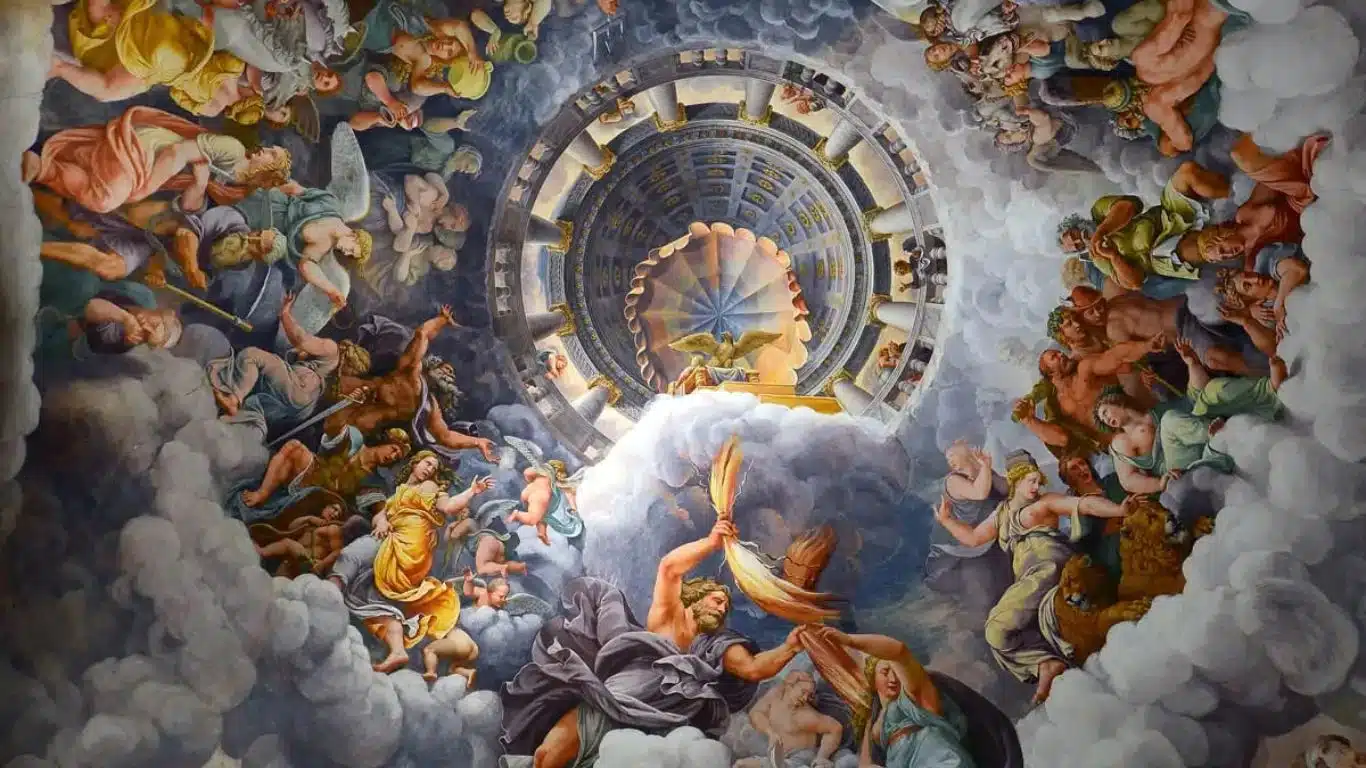Here we will delve into the rich tradition of mythology and folklore, and examine the key differences between these two terms. While both mythology and folklore pertain to traditional stories, beliefs, and customs of a particular culture or society, they have distinct characteristics and significance. Understanding the distinctions between mythology and folklore can provide a deeper understanding of the cultural beliefs and practices of a particular society and how they have evolved. This article will provide a comprehensive look at the rich tradition of mythology vs folklore, and how they have shaped the cultures and societies of the past and continue to do so today.
Mythology vs Folklore (Differences & Similarities)
Traditional stories and customs
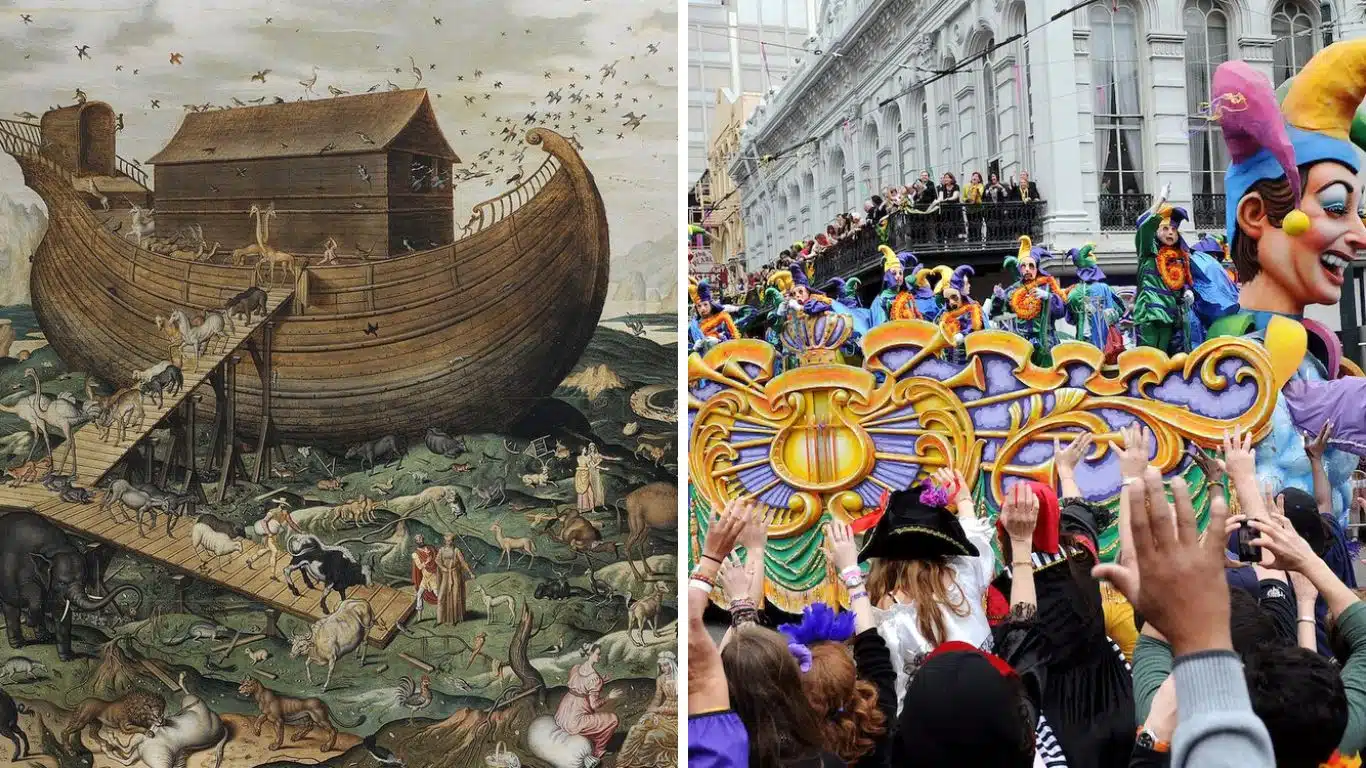
Mythology typically refers to the traditional Stories and beliefs that involve gods or supernatural beings, while folklore encompasses a wide range of traditional customs, stories, beliefs, and practices passed down through oral tradition within a specific culture or community.
For example, in ancient Greek mythology, the stories involve gods and goddesses such as Zeus, Athena, and Apollo, and their actions and interactions with mortals. These stories often explain the natural world, such as the origins of the universe, and provide a religious or spiritual significance for the ancient Greeks.
On the other hand, folklore encompasses a wide range of traditional customs, stories, beliefs, and practices passed down through oral tradition within a specific culture or community. For example, in rural Ireland, there is a rich tradition of folklore, including stories about leprechauns and fairies, traditional songs and dances, and beliefs about good luck and bad luck. These stories and customs are passed down through generations and are considered a vital part of Irish cultural heritage.
Religious Impact
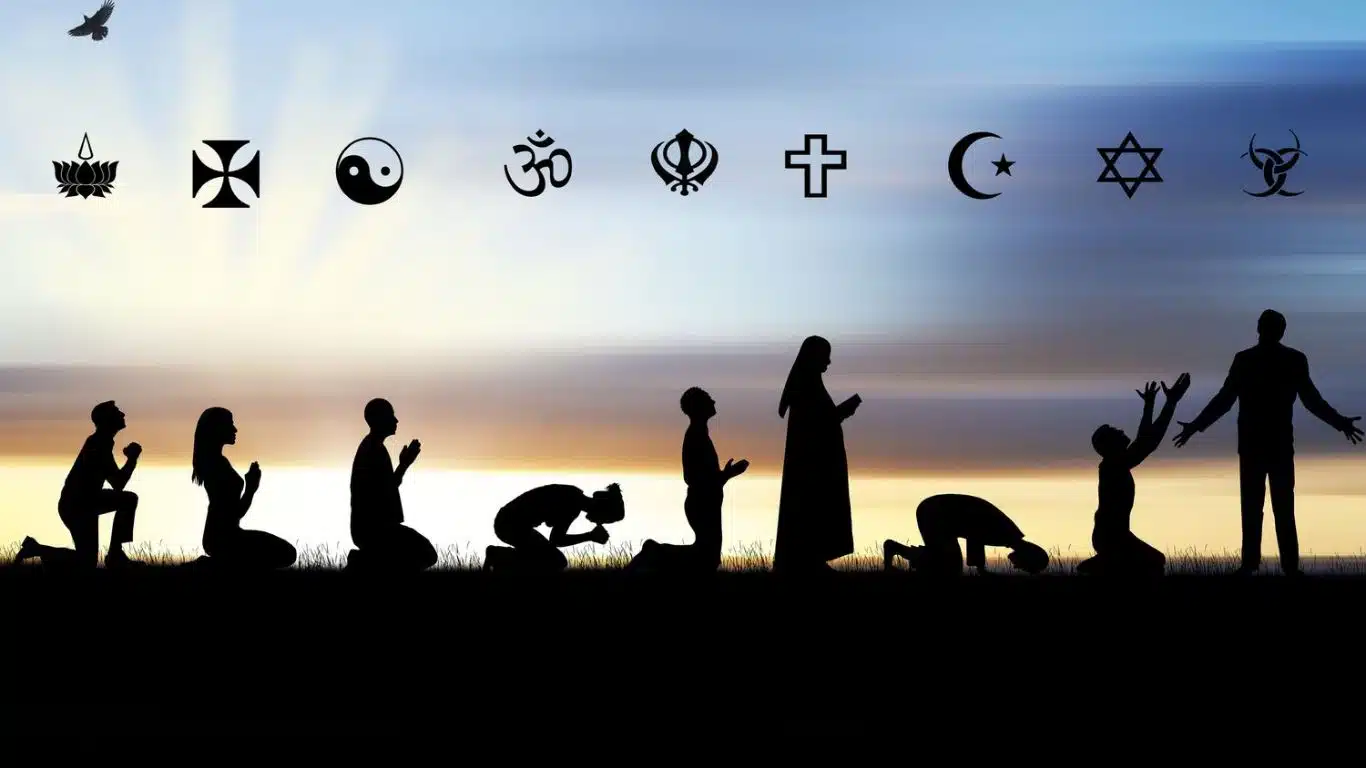
One of the main ways in which mythology and folklore can impact religion is through the creation and dissemination of religious myths and stories. These stories, which often involve gods, goddesses, and other supernatural beings, can serve to explain the world and humanity’s place in it, as well as provide a framework for understanding religious concepts such as creation, afterlife, and morality. The stories can also be used to justify religious rituals and practices, and to provide a sense of community and shared identity among believers.
Another way in which mythology and folklore can impact religion is through the inclusion of traditional customs, rituals, and practices that are connected to religious beliefs. Folklore often includes rituals and practices that are believed to bring good luck or ward off evil spirits, such as the use of charms or amulets. These rituals can also be used to mark important events in the religious calendar and honor gods or goddesses.
Preserved through religious texts and temples
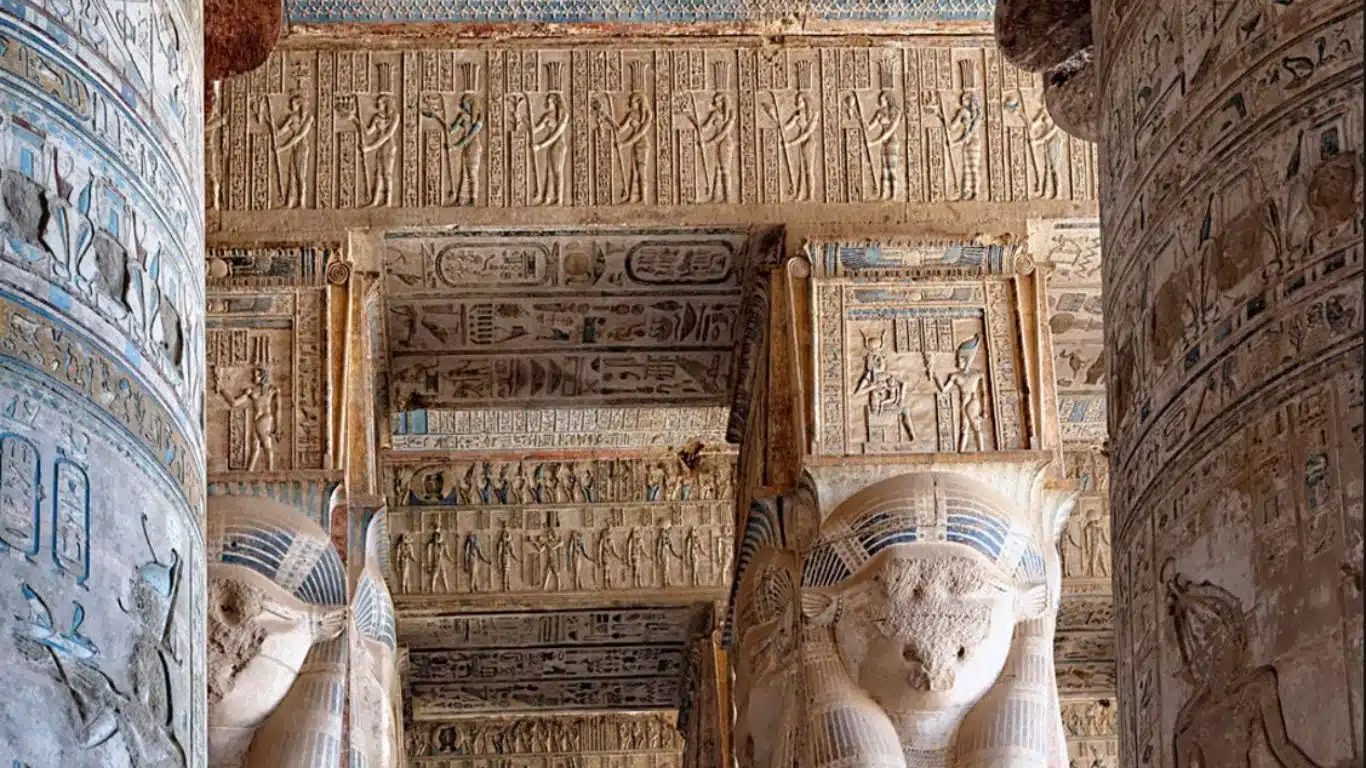
Mythology is often preserved through religious texts and temples. These texts, such as religious texts and epic poems, often contain stories about gods, goddesses, and other supernatural beings, as well as creation myths, legends, and other religious concepts. These texts were often considered sacred and were often passed down through religious institutions, such as temples or monasteries. Temples and other religious structures also often served as places where myths were performed or depicted in art and architecture.
On the other hand, Folklore is often preserved through oral tradition, folk songs, and folk dances. These forms of storytelling, such as storytelling, folk songs, and folk dances, are more informal and are often passed down through families, communities, and other groups of people. Folk songs and dances often contain elements of folklore and are performed on special occasions like festivals and ceremonies, which helps to keep the tradition alive.
Natural world vs social aspects
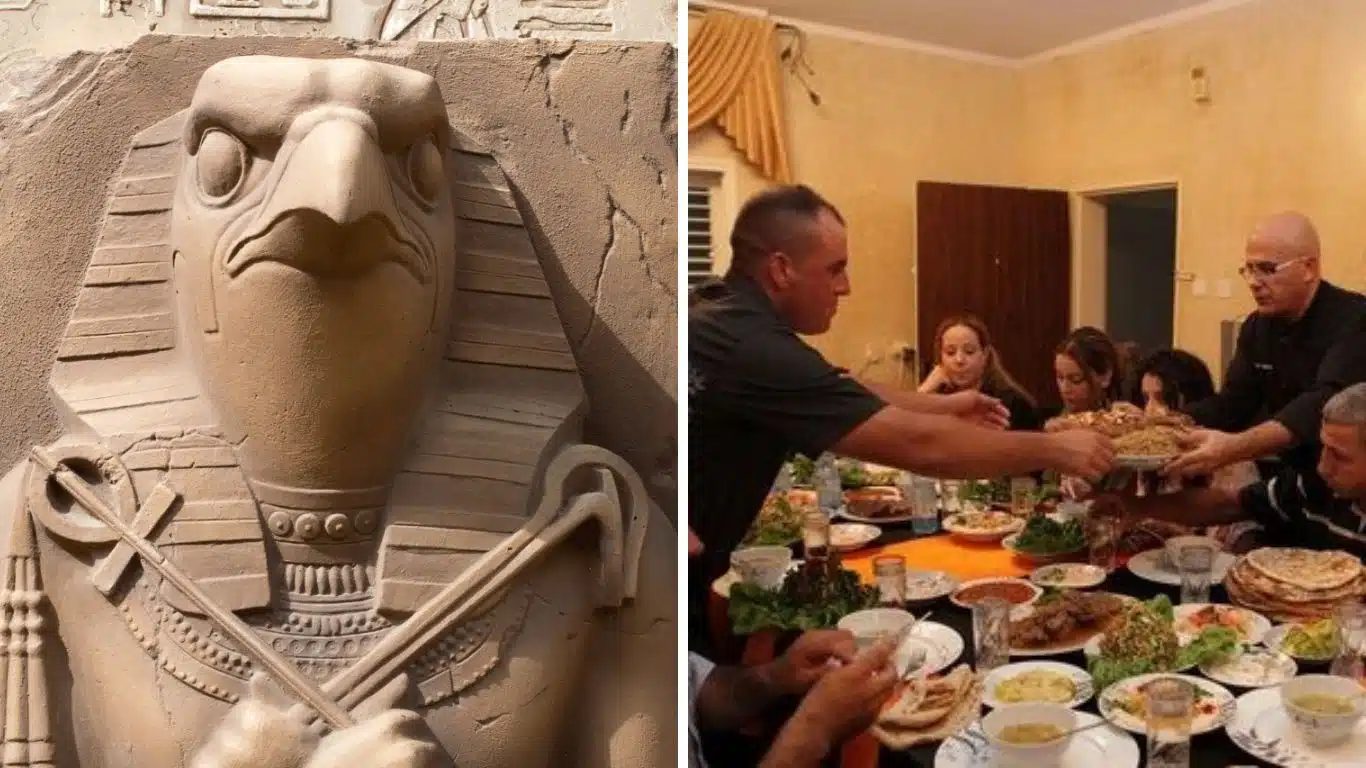
Mythology often explains the natural world and the origins of the universe, while folklore may focus on more practical or social aspects of a culture. It means that the stories and beliefs found in mythology often attempt to explain the natural world and the origins of the universe. These stories often involve gods or supernatural beings and their actions, and are used to provide a sense of understanding and explanation for natural phenomena. They also often provide a religious or spiritual significance for the culture or society that holds them.
On the other hand, folklore may focus on more practical or social aspects of a culture. These stories and customs may focus on everyday life and customs such as traditional songs, dances, and beliefs about good luck and bad luck. Folklore is often used as a way for people to understand and make sense of the world around them, and may also reflect the cultural values and beliefs of a society.
An example could be in ancient Egyptian mythology, the stories of the god Ra and his journey through the underworld explain the natural world and the origins of the universe, while in contrast, the traditional customs and beliefs of mummification were a part of the folklore and focused on more practical or social aspects of the culture. The ancient Egyptians believed that mummifying the dead would ensure they would have a safe journey to the afterlife, this was not only a religious belief but also an important tradition to preserve the dead’s body for eternity.
Understanding the Beliefs
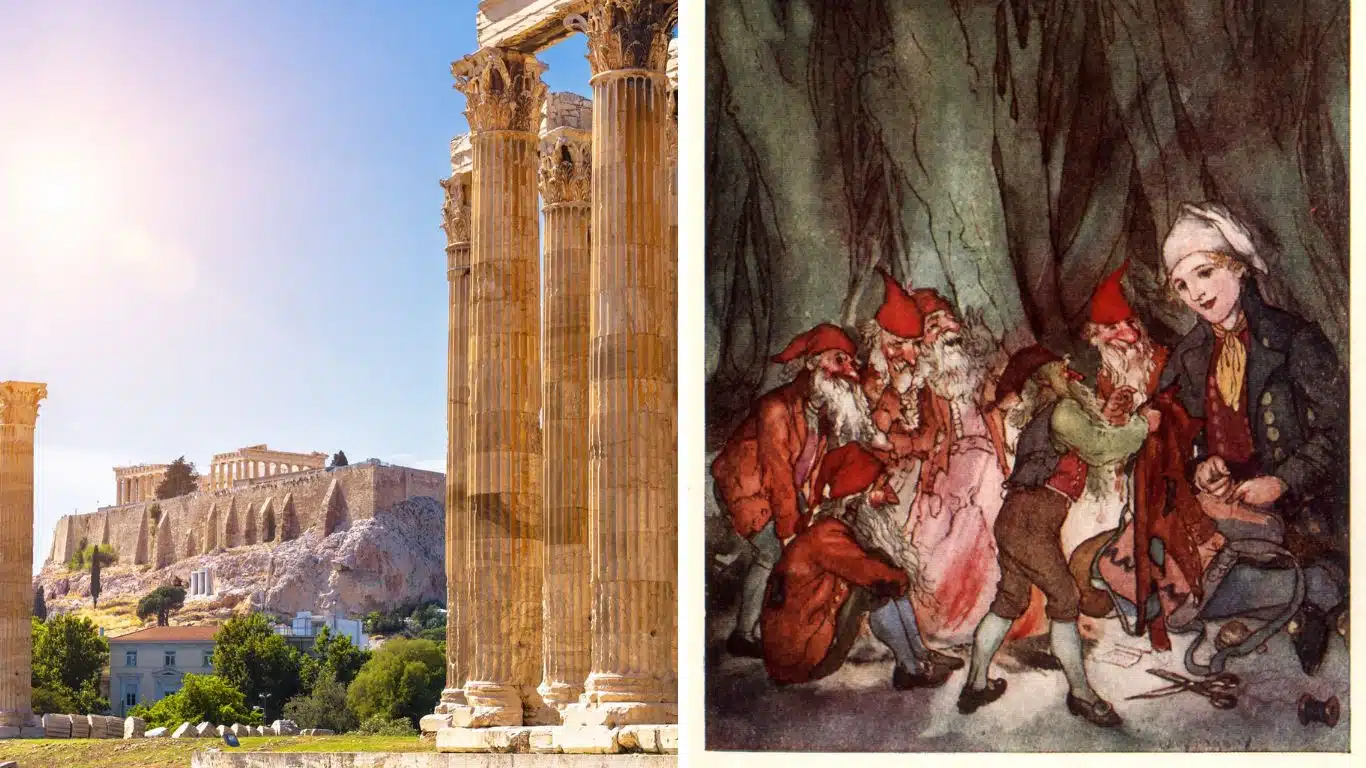
Both mythology and folklore are important for understanding the beliefs, values, and cultural heritage of a particular society or community, but they may be studied and analyzed differently” means that while both mythology and folklore provide insight into the beliefs, values, and cultural heritage of a society or community, they are approached and studied in different ways.
Mythology is often studied in the context of religious studies or ancient history. It is often analyzed in terms of its religious or spiritual significance and its role in shaping the worldview of a culture or society. Scholars of mythology may look at the stories and beliefs in terms of their literary or narrative elements, as well as their symbolic or metaphorical meanings.
On the other hand, folklore is often studied in the context of cultural anthropology or ethnography. It is often analyzed in terms of its practical or social significance, such as its role in shaping the customs and traditions of a culture or society. Folklore scholars may also look at the stories and beliefs in terms of their historical and cultural context, as well as their function and meaning within a particular community or society.
For example, an anthropologist might study the customs and beliefs of a particular community to understand the social and cultural dynamics of that community, while a historian might study ancient myths to understand the religious or spiritual beliefs of a particular culture in the past.
Similarities between folklore and mythology
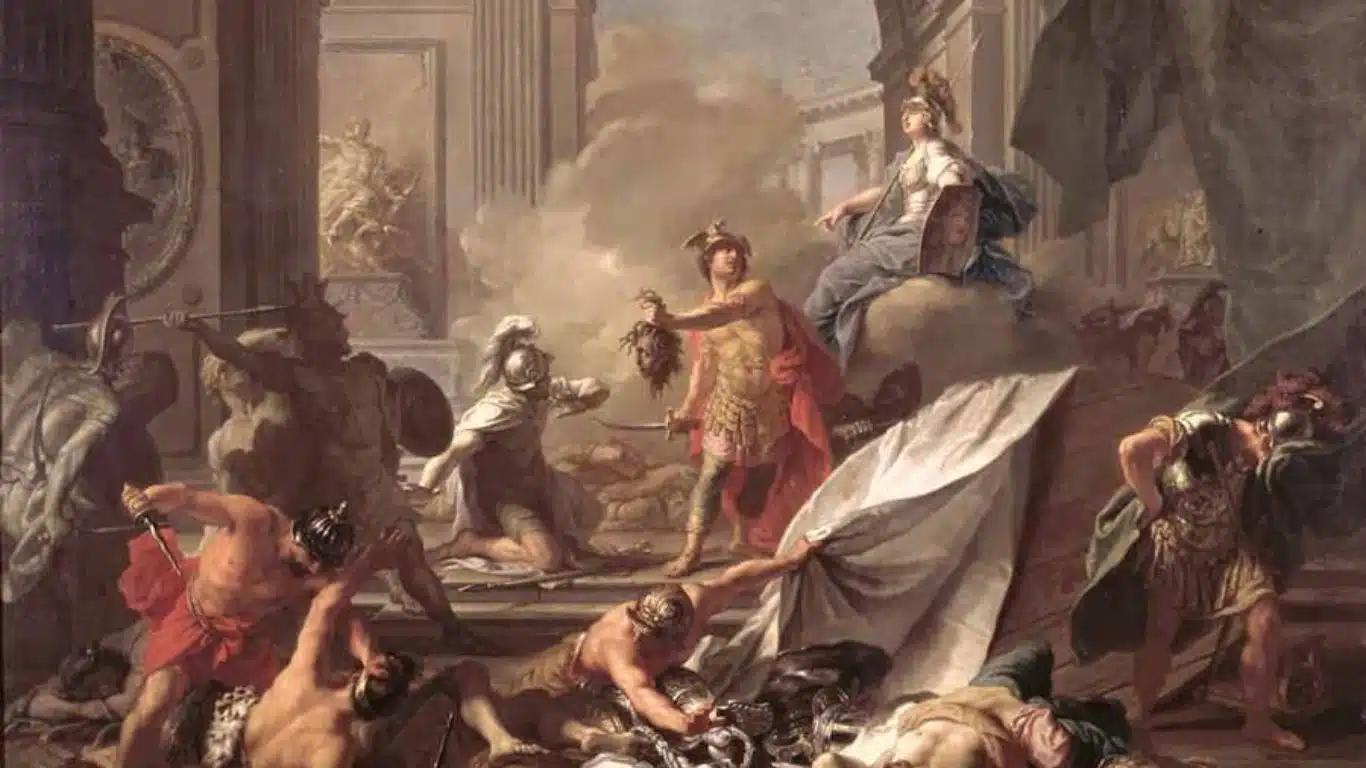
Folklore and mythology are closely related forms of traditional storytelling that share many similarities. Both use stories, characters, and symbols to explain the world and people’s place in it. They both often involve gods, goddesses, and other supernatural beings who are believed to have control over various aspects of the natural world. Both folklore and mythology include stories of creation and afterlife, which often include religious concepts such as a higher power or divine creator. In addition, both include traditional customs, rituals, and practices that are connected to religious beliefs, such as festivals and ceremonies to honor gods or goddesses.
Both are found in cultures with and without organized religions and are an essential part of a culture’s identity. They are passed down through oral tradition and are often used as a means of preserving cultural heritage and values. Both are used to explain and make sense of the world around us and to provide a sense of meaning and purpose, they are also used to entertain and educate people and are often passed down from generation to generation.
Also Read: Influence of Mythology on Art and Architecture


